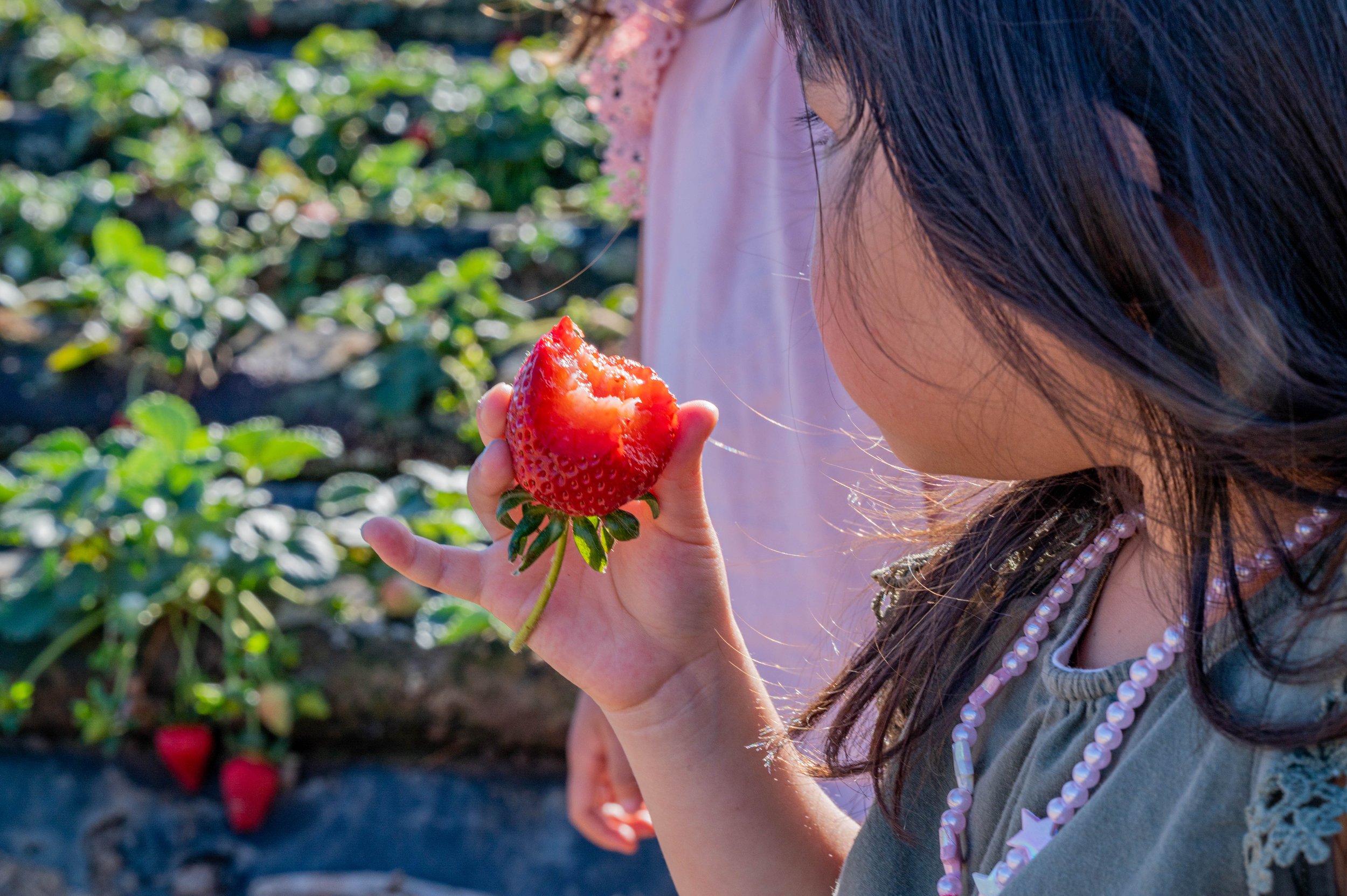
Responsible Farming Methods
Here at Tanaka Farms, we care about our guests, our workers, and the environment.
That's why we use responsible growing methods.
What exactly are "responsible growing methods?"
At Tanaka Farms, your safety is our top priority. In everything we do, we make sure that we always follow U.S. EPA (Environmental Protection Agency) standards for safety.
Whenever possible, we will use all organic growing methods which include practices such as crop rotation, companion farming, and the use of compost and organic fertilizers in our soil. We also make use of OMRI (Organic Materials Research Institute) approved pesticides, which are permitted under most organic licenses.
However, some deviation from organic practices may occur if one of our crops is in danger of failing due to an infestation or other natural occurrence. In these instances, we will use a low-grade synthetic approved pesticide, but relatively low in environmental and biological toxicity. The EPA strongly regulates the use of these, or any, pesticides, and we will always follow their use restrictions and recommendations. In this way, we are able to protect you (our visitors), our workers, and the environment.
What do you mean by "crop rotation"?
Crop rotation is the practice of growing different types of crops in the same area after each harvest. We do this to maintain the integrity of the soil. Because each crop uses a different set of nutrients from the soil to grow, we make sure to rotate our crops so that we do not deplete the soil of its nutrients. It also helps in reducing soil erosion and increases soil fertility and crop yield.
Growing the same crop in the same place for many years in a row is known as monocropping. With rotation, a crop that leaches the soil of one kind of nutrient is followed during the next growing season by a different type of crop that returns the nutrients to the soil or uses different types of nutrients. Crop rotation also helps prevent the buildup of pathogens and pests that often occurs when one species is continuously planted, and can also improve soil structure and fertility by increasing biomass from various root structures.
There is only one crop we grow in the same place over and over again... strawberries! And that's because our strawberries are not grown in the soil at all! Our strawberries are grown hydroponically. Which means grown in water (or without soil.) Our strawberries grow above ground in grow bags, rain gutters, or PVC tubing filled with ground-up coconut husk (also known as coconut coir.) The coconut husk does not provide any nutrition for the strawberries, rather it is just the perfect medium for the strawberries to grow their roots. Our strawberries get all the nutrition they need from our drip irrigation system and the sun!
What is "companion planting"?
Companion planting means we plant different types of crops close to one another to benefit the other plant. There are several reasons to do this; Pest control, pollination, and increased crop productivity. Onions are a favorite here at the farm. Onions are a natural pest repellent and we often plant onions next to our carrots and strawberries.
How often do you water? What are you doing to conserve water?
We water our vegetables once every 2 to 3 days, depending on the weather. At the farm, we use special reclaimed water, approved for agricultural use, in our system. This, combined with our underground drip irrigation (instead of overhead watering) and use of plasticulture (keeps the weeds out and the water in!) allows us to use up to 95% LESS fresh water than conventional farms. These processes allow us to use water efficiently and responsibly, especially during drought conditions.
